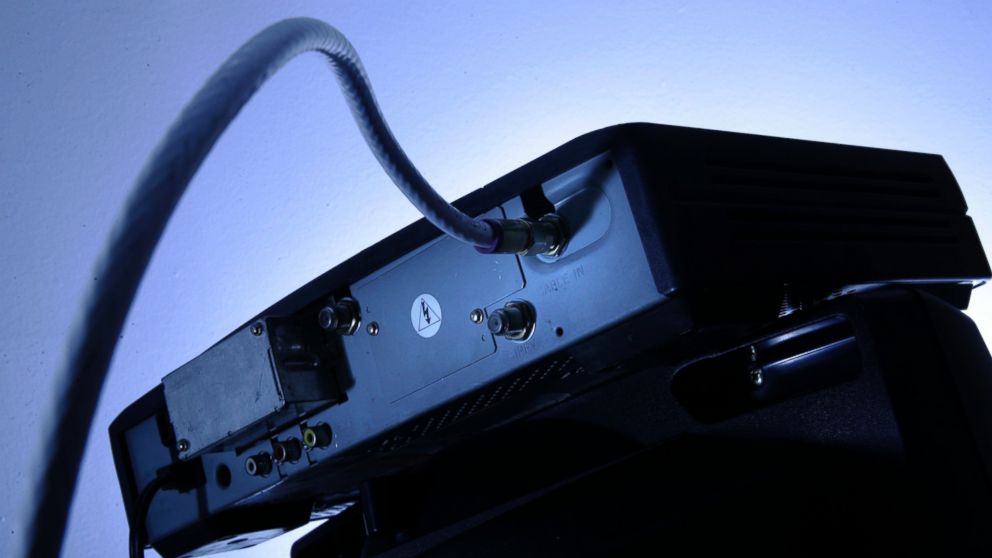How the White House's Cable Box Competition Proposal Could Affect Consumers
The White House said it's asking the FCC to open up set-top box competition.

— -- The White House has unveiled a proposal that it hopes will free cable subscribers from having to lease set-top boxes, potentially saving the average family hundreds of dollars a year.
Cable and satellite providers currently lock customers into renting cable boxes to access a wider array of channels, much like how American homes had to rent basic, large phones from phone companies until the early 1980s. At least that's the analogy that the White House is making in its announcement today that it is calling on the Federal Communications Commission to open up set-top cable boxes to competition.
Here's what you should know about today's announcement:
This affects 99 percent of cable subscribers
Today, 99 percent of pay-TV customers lease set-top boxes from their cable, satellite or telecommunications providers, according to a congressional study.
How much would this save you and me?
Pay-TV subscribers spend an average of $231 a year to rent these boxes, according to the congressional study, so U.S. consumers spend $20 billion a year to lease the devices.
What would competition do?
The FCC has said prices for TVs, cell phones and computers dropped 90 percent in the past two decades while pricing on cable boxes increased 185 percent.
The White House argues that competition would allow companies to create "higher-quality, lower-cost" products.
"Instead of spending nearly $1,000 over four years to lease a set of behind-the-times boxes, American families will have options to own a device for much less money that will integrate everything they want -- including their cable or satellite content, as well as online streaming apps -- in one, easier-to-use gadget," Jason Furman, chairman of the Council of Economic Advisers, wrote in a White House blog post today.
For example, think of AppleTV and similar devices such as Android TV boxes that use Google's operating system. The idea is that one device might allow you to do lots of things with your TV, such as search, record and perhaps stream from the internet all in one device without having to use things like a Roku gadget.
Who's against opening up competition?
Companies like Comcast argue that the FCC would be imposing a costly "government technology mandate." In February, the FCC voted 3-2 to open for public comment Chairman Tom Wheeler's proposal to increase set-top box competition.
In response, Comcast lobbyist David Cohen wrote, "A new government technology mandate makes little sense when the apps-based marketplace solution also endorsed by the FCC’s technical advisory committee is driving additional retail availability of third-party devices without any of the privacy, diversity, intellectual property, legal authority, or other substantial concerns raised by the chairman’s mandate."
A spokesperson for Comcast declined to comment to ABC News today, instead pointing to a statement by the lobbyist group National Cable & Telecommunications Association.
"By reading the White House blog, you have to wonder how they could ignore that the world’s largest tech companies -- which are often touted in other Administration initiatives -- including Apple, Amazon, Google, Netflix and many others are providing exactly the choice in video services and devices that they claim to want," the association said in its statement today.
The Hispanic Technology and Telecommunications Partnership sent a letter to the FCC saying opening up competition in the industry "will undermine diversity in the television industry."
"Minority programmers depend on licensing and advertising agreements that are carefully negotiated with TV providers," Rosa Mendoza, the group's executive director, wrote in February.
"If the Commission mandates its set-top box proposal, tech companies will not be required to abide by the terms of these privately negotiated licensing agreements. Instead, the telecommunications, satellite and cable companies that have negotiated and paid for the television programming rights would be forced to hand them over to technology giants like Google for free," Mendoza wrote.




